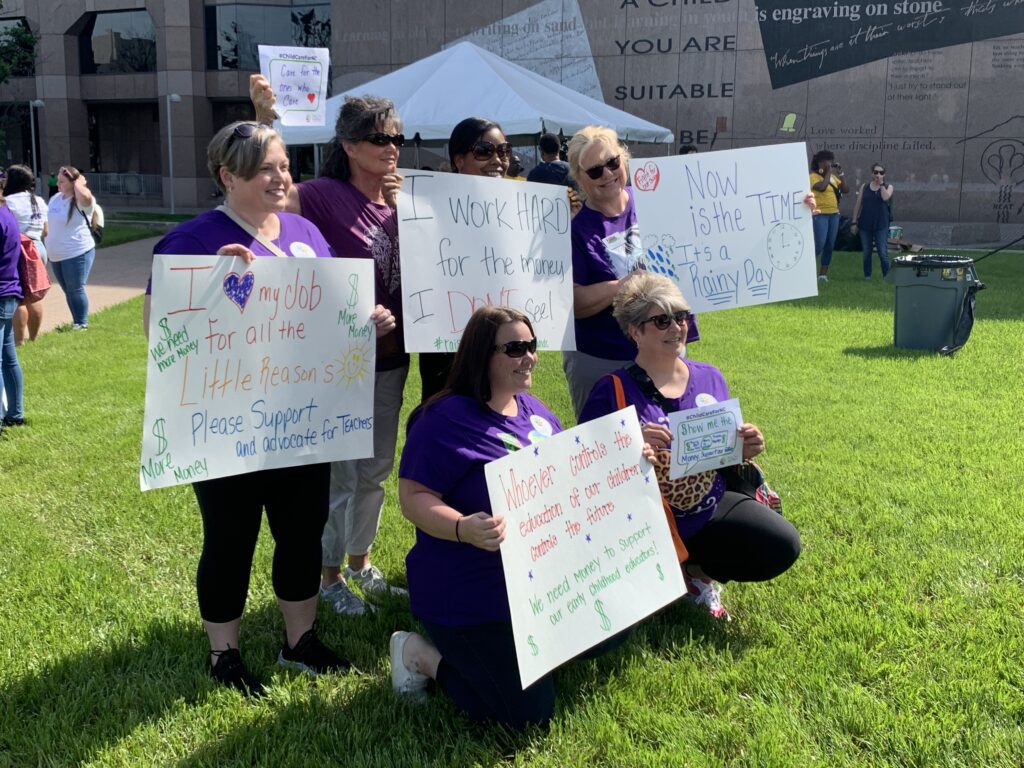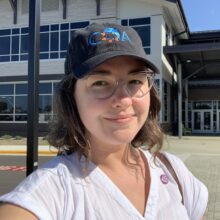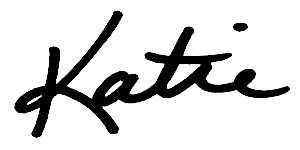'If this isn't a rainy day, I don't know what is.'


- “Us as teachers constantly put our lives on the line, but we still come to work for the love of our students. Teachers are very underappreciated, especially when it comes to funding.” – Bree Hewett, Garner
- “What makes me really sad is the emotional stress that this is taking on my husband and myself — something that should be a public good like child care. I feel like I’m missing out on being happy with my kids.” – Brigid Flaherty, Durham
- “Child care is on the verge of collapsing. If the system collapses, then nobody will be able to work.” – Norma Honeycutt, Salisbury
- “I am drowning. If you believe that families are the backbone of our society, if you believe that children are really our future, then we need to invest in it.” – Lwiza Escobar Garcia, Durham
- “This is not a single community problem. This is not a single city problem. This is statewide, every community, every center, everyone is struggling.” – Heather Fidler, Salisbury
Early Bird reads: What we’re writing
‘It’s not working for anyone.’ Child care advocates warn of system collapse at legislative advocacy day
A couple hundred early childhood educators, child care service owners and directors, parents, and advocates marched and met with legislators at the General Assembly on Thursday to urge them to double the state’s early childhood funding.
Using the ‘Black Genius’ framework to prevent exclusionary discipline in pre-K
Village of Wisdom is a nonprofit based in Durham that works with families and educators to eliminate racial injustice in schools. Most have their work focused on middle and high school students, but now they’re bringing their “Black Genius” framework to pre-K as part of an effort to reduce the use of exclusionary discipline in early care and education settings.
Grants available for new and existing child care and pre-K programs in 33 counties
Grants of up to $125,000 are available from the state for licensed child care programs to cover capital or quality improvement costs, and for entities planning to open new programs. The deadline for Anson, Bertie, Bladen, Caldwell, Caswell, Columbus, Davidson, Duplin, Edgecombe, Graham, Greene, Halifax, Hertford, Hoke, Iredell, Jones, Lenoir, Martin, Mitchell, Nash, New Hanover, Northampton, Pasquotank, Randolph, Robeson, Rowan, Scotland, Swain, Tyrrell, Vance, Warren, Washington, and Wayne is May 1 at 5 p.m. (The second round of applications, for programs anywhere in North Carolina, opens May 22 at 8:30 a.m. and closes June 12 at 5 p.m.)
CEOs push for higher teacher pay, more NC Pre-K funding
A group of North Carolina CEOs recommended teacher pay raises and more funding for NC Pre-K from this legislative session.
The ‘transformation is real’ as the science of reading takes hold across public schools
This article is the first of several updating efforts around the Excellent Public Schools Act of 2021, which grounds literacy instruction in the science of reading. Rupen visited 10 schools across five districts for this series, so you know it will be comprehensive.
In other early learning news: What I’m reading
Childbirth is still killing Black moms at a higher rate. NC advocates, policymakers discuss solutions. - From NC Health News
Latino Households With Children Continued to Experience Pandemic-Related Disruptions to Their Child Care Arrangements - From National Research Center on Hispanic Children & Families
Place Matters: The Environment We Create Shapes the Foundations of Healthy Development - From Harvard University Center on the Developing Child
Maryland Law Offers Lessons on Restricting Early Childhood Suspension and Expulsion - From Child Trends
What is the child care crisis, exactly? - From Vox
New Mexico’s early childhood education amendment is a model for economic mobility other states should consider - From Brookings
Research & Resources: Let's talk early childhood equity
I’m not gonna lie — I’ve been having trouble getting into nonfiction books lately. But I think that’s about to change with the addition of two new books to my bookshelf this month.
No Longer Welcome: The Epidemic of Expulsion from Early Childhood Education by Katherine M. Zinsser was released last August, right when I started working on the issue of exclusionary discipline. It took me until this week to finally pick up a copy from my local bookseller, but I’m so ready to dig in! I can’t tell y’all how many conversations I’ve had with parents, educators, advocates, and researchers who share personal stories about families being told their children are “no longer welcome” in their ECE setting. That’s an expulsion, and it has lifelong consequences for young children and their families, who are disproportionately Black.
Another nonfiction book I’m excited about is The Handbook of Racial Equity in Early Childhood Education by Jen Neitzel and Ebonyse Mead. If those names sound familiar to you, that’s because they’re the brains behind the Educational Equity Institute, based right here in North Carolina. I spoke with Dr. Mead when I began researching the use of exclusionary discipline in ECE last August, and she ended that conversation by revealing she was working on no fewer than FOUR books simultaneously! The handbook hits shelves on Tuesday, April 25, and I’ve already preordered my copy.



